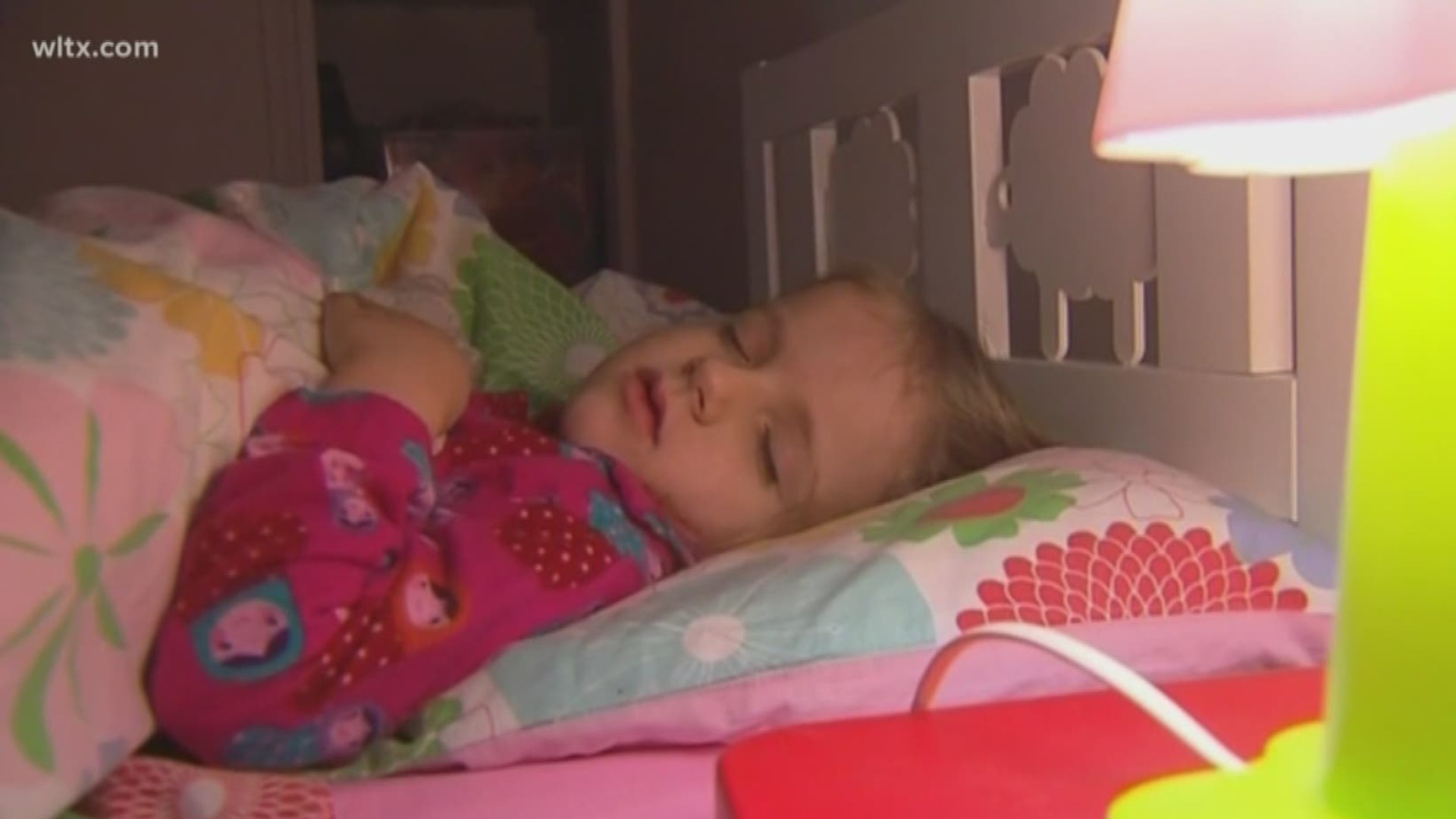COLUMBIA, Mo. — The first-day outfit is picked out, the pencils are sharpened, and the new backpack is ready to go by the front door.
Most days the morning rush to get out the door can be chaotic. A successful morning really starts with a good night’s sleep. But according pediatricians, an estimated 30 to 50 percent of children have trouble sleeping. The most common sleep problems in children include difficulty falling asleep, nighttime awakenings, snoring, stalling and resisting going to bed, sleep apnea, and loud or heavy breathing while sleeping.
These statistics can be concerning to doctors because good night's sleep plays an important role in many areas of health. Children who get enough sleep have a stronger immune system, perform better in school, better memory, and overall optimal mental health.
While it's true that sleep needs vary from one person to another, The American Academy of Pediatrics recommends the following science-based guidelines to help you determine whether your child is getting the sleep he or she needs.
- Infants 4 months to 12 months should sleep 12 to 16 hours per 24 hours (including naps) on a regular basis to promote optimal health.
- Children 1 to 2 years of age should sleep 11 to 14 hours per 24 hours (including naps) on a regular basis to promote optimal health.
- Children 3 to 5 years of age should sleep 10 to 13 hours per 24 hours (including naps) on a regular basis to promote optimal health.
- Children 6 to 12 years of age should sleep 9 to 12 hours per 24 hours on a regular basis to promote optimal health.
- Teenagers 13 to 18 years of age should sleep 8 to 10 hours per 24 hours on a regular basis to promote optimal health.
Those numbers may seem surprising and overwhelming to attain. The truth is, it can be a difficult transition from irregular summer sleep schedules to regimented school-year bedtimes. But a few healthy habits could help many kids sleep more soundly and get back on track for that first day of school.
- Make Sleep a priority for the entire family. Parents are role models for children. Making sleep a priority for yourself shows your children that it's part of living a healthy lifestyle.
- Make it a gradual. Try moving your child's bedtime 15 minutes earlier each night over the course of a couple of weeks or at least a week. Small changes will make the sleep process less frustrating, easier and more realistic for everyone.
- Limit screen time. Avoiding screens entirely at least 30 minutes before bedtime. Studies have linked bedtime screen use from phones, tablets, light-emitting e-books and even television with increased time to fall asleep and decreased REM sleep. They all emit "blue light," which suppresses the production of melatonin, the primary hormone that triggers sleepiness. If your child wants to read before bed, printed books are a better option.
- Stick to a routine schedule. It's important to keep a schedule going on the weekends when it's tempting to stay up and sleep in late. Not allowing kids to stay up too late on weekend nights will make Monday's early starts easier. Often, a child's shut-eye troubles can be solved with good bedtime routines. What the actual routines are can be specific to your child and his or her age, but they should occur each night around the same time. This will help your child understand that it's time to settle down and get ready to sleep.
- Avoid over scheduling. In addition to homework, many children today have scheduled evening activities (i.e., sports games, lessons, appointments, etc.) that can be an obstacle to getting a good night's sleep. Take some time to wind down and give your children the downtime that they need.
- Make sure your kids eat a balanced diet , avoid caffeine after noon time and exercise regularly. All these things promote sleep. The key to successful sleep is consistency. When starting a new sleep routine, it may take a while to get established. But stay the course. Schedules are ideal for kids and well worth the time and effort.
If you are unable to establish a good bedtime for your child, talk with your pediatrician to see if there are any other issues that might be causing your child's sleep difficulties before considering over the counter sleep aids. If you know your child is getting an adequate amount of sleep but still acts cranky, tired, has trouble focusing or needs to take naps, it may be a sign of a sleep disorder.
For more information:

